The Reptile Village, also known as the Uganda Reptile Village, is a fascinating and educational tourist attraction situated in Entebbe, Uganda. This specialized conservation facility is dedicated to the study, conservation, and public education of reptiles. In this comprehensive essay, we will delve into the history, purpose, activities, and significance of the Reptile Village, providing you with a thorough understanding of this unique establishment.
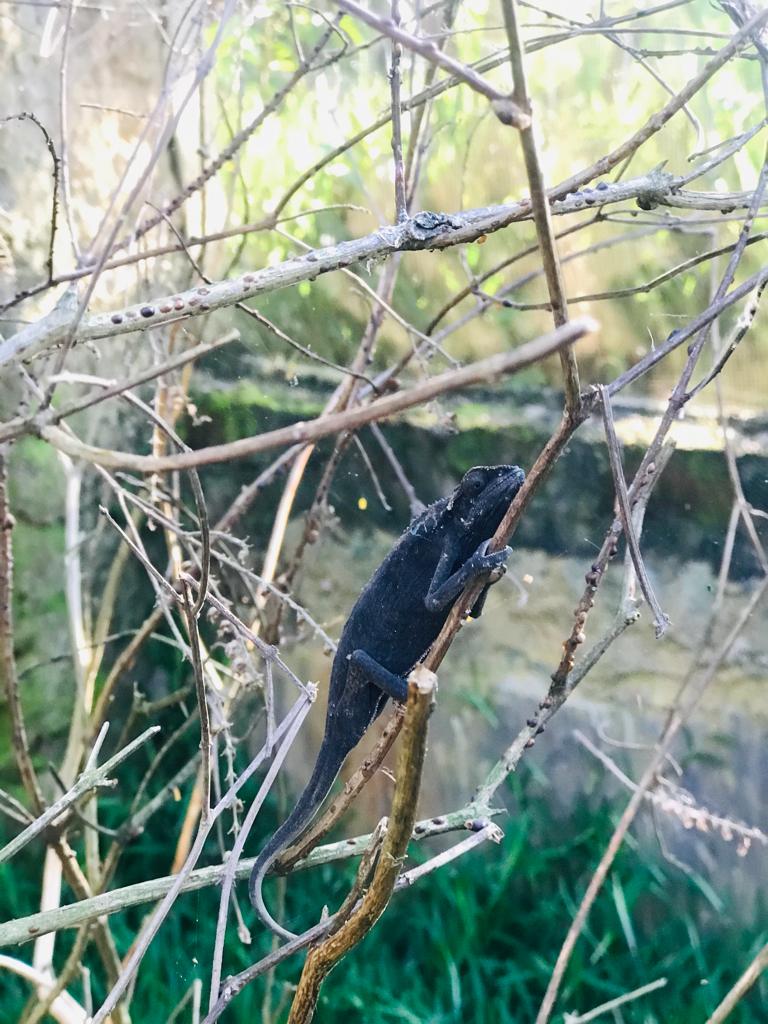
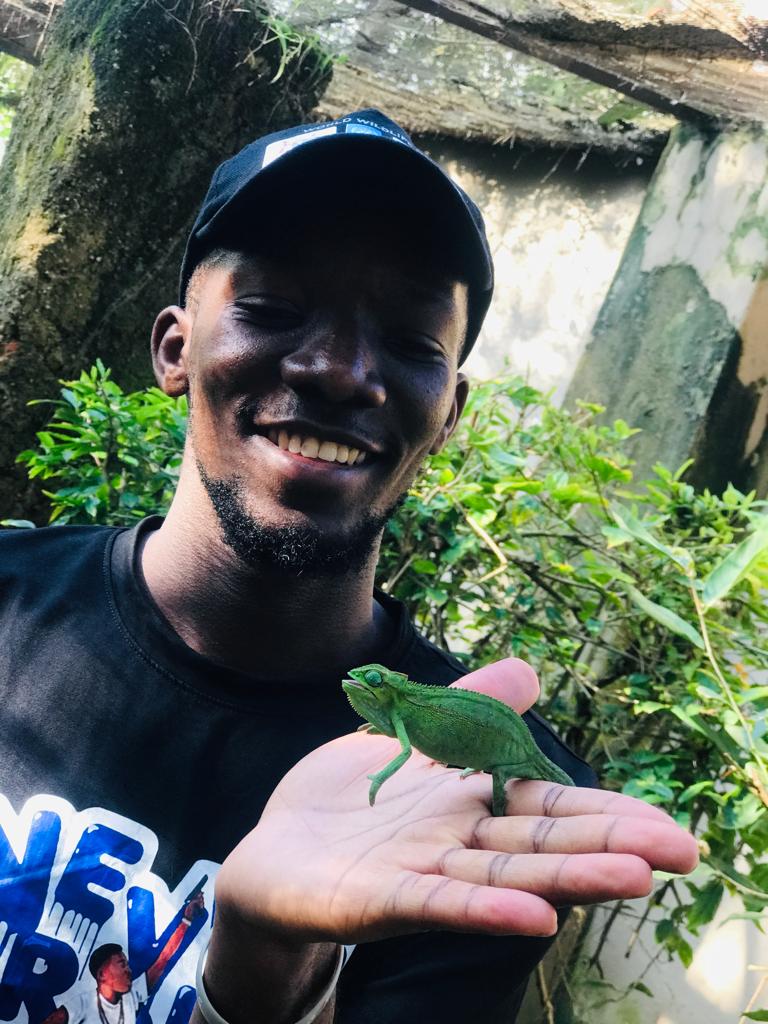
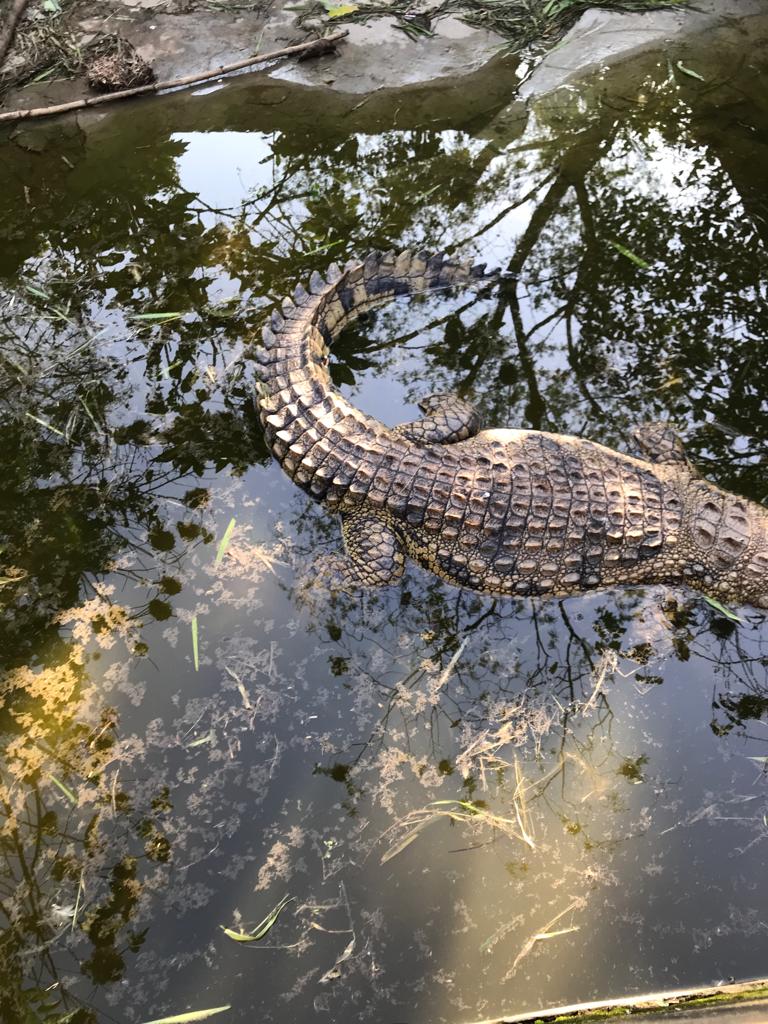
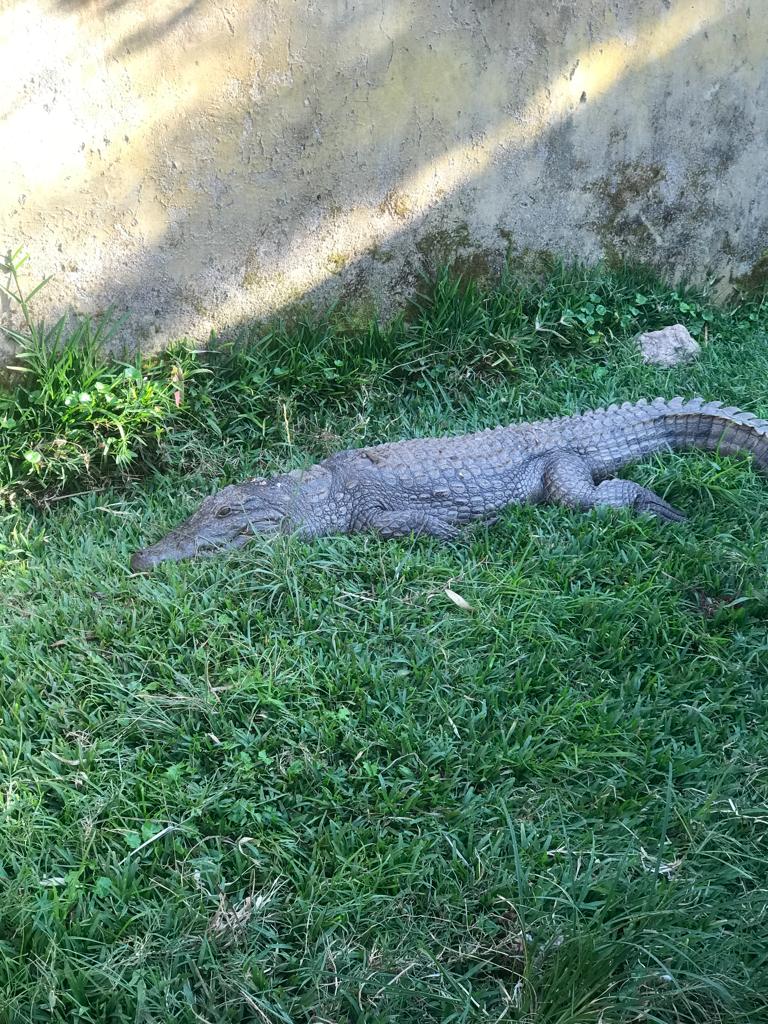
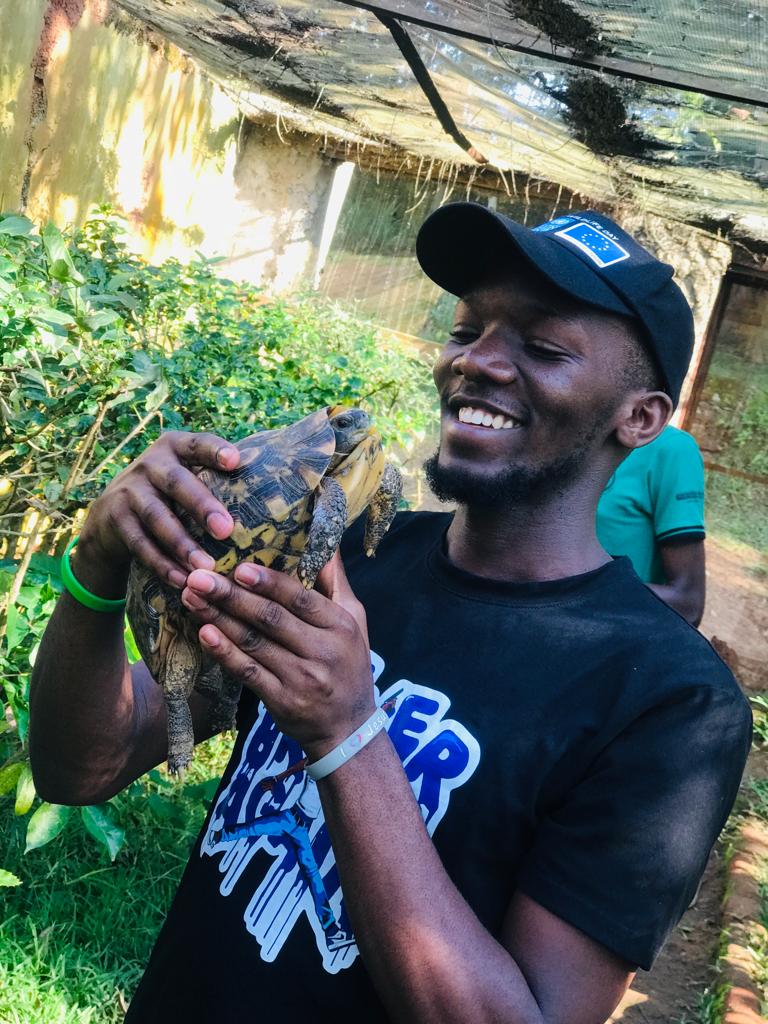
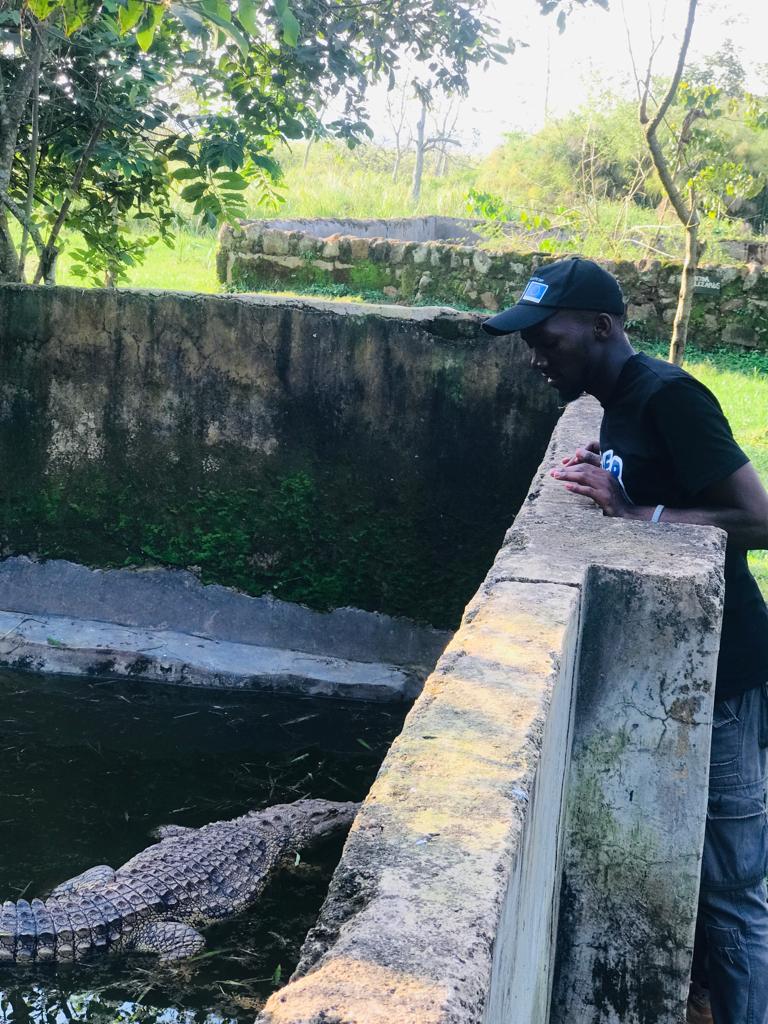
Sanctuary for a diverse range of reptiles
The Reptile Village serves as a sanctuary for a diverse range of reptiles, including snakes, lizards, turtles, and crocodiles. Many of the reptiles at the facility have been injured, confiscated from illegal trade, or abandoned as pets. By providing a safe environment and necessary care, the Reptile Village aims to rehabilitate these animals and promote their conservation.
One of the primary objectives of the Reptile Village is to raise awareness about reptiles and their importance in the ecosystem. Reptiles often suffer from negative perceptions, myths, and fears, which contribute to their persecution and decline in the wild. Through educational programs and interactive exhibits, the Reptile Village seeks to dispel these misconceptions and foster a deeper understanding and appreciation for these remarkable creatures.
Guided tours for visitors
The Reptile Village offers guided tours for visitors, providing them with the opportunity to observe various reptile species up close and learn about their unique characteristics. Knowledgeable staff members guide these tours, sharing valuable information about the reptiles’ habitats, behavior, and conservation challenges they face. Visitors can witness firsthand the incredible diversity of reptiles in Uganda and gain a deeper understanding of their ecological roles.
During these guided tours, visitors have the chance to interact with some of the non-venomous reptile species under the supervision of trained staff. This hands-on experience allows visitors to overcome their fears and misconceptions, fostering a positive attitude towards reptiles. Interacting with reptiles in a controlled environment helps visitors develop a sense of empathy and respect for these creatures and encourages their conservation efforts.
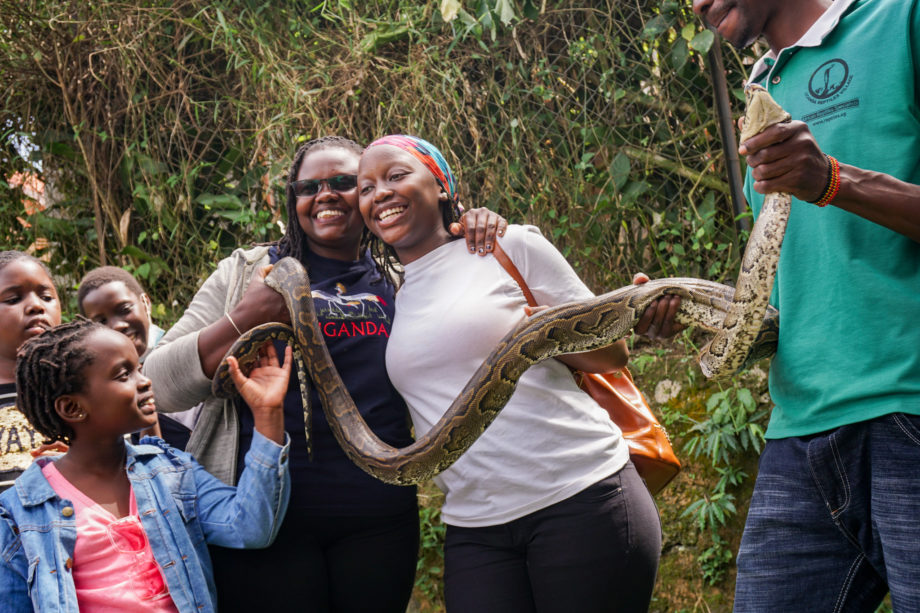
Research and conservation efforts
In addition to its educational and public outreach programs, the Reptile Village also plays a significant role in research and conservation efforts. The facility conducts studies on reptile behavior, breeding patterns, and habitat restoration. These research initiatives contribute to the broader scientific understanding of reptiles and aid in the development of effective conservation strategies.
The conservation efforts of the Reptile Village extend beyond the confines of its facility. It actively collaborates with local communities, government agencies, and international organizations to promote reptile conservation and address the challenges they face in the wild. By fostering partnerships and sharing knowledge, the Reptile Village aims to create a sustainable future for reptiles in Uganda.
One of the critical conservation aspects the Reptile Village focuses on is the preservation of endangered reptile species. Uganda is home to several threatened reptile species, including the Nile crocodile (Crocodylus niloticus), the leopard tortoise (Stigmochelys pardalis), and the African rock python (Python sebae). The Reptile Village works to protect these species through captive breeding programs, habitat restoration initiatives, and public awareness campaigns.
Illegal wildlife trade
Another significant threat to reptiles in Uganda is the illegal wildlife trade. Reptiles are often targeted for their skins, meat, or for the exotic pet trade. The Reptile Village actively cooperates with law enforcement agencies to combat wildlife trafficking and rehabilitate confiscated reptiles. By raising awareness about the consequences of the illegal wildlife trade, the Reptile Village seeks to reduce demand and protect reptiles from exploitation.
Check out some of our top-rated safaris besides visiting the reptile villages:
The Reptile Village also serves as a valuable educational resource for schools, universities, and researchers. It hosts educational workshops and lectures, providing students and researchers with access to reptile specimens and expert knowledge. These educational initiatives contribute to the overall understanding and appreciation of reptiles among future generations, fostering a conservation-minded society.
Visiting the Reptile Village is a unique and immersive experience. It not only offers an opportunity to witness and learn about reptiles but also provides a platform for individuals to get involved in conservation efforts. The facility welcomes volunteers who assist with animal care, habitat maintenance, and educational programs. By actively engaging visitors and volunteers, the Reptile Village fosters a sense of ownership and responsibility for reptile conservation.
Conclusion
In conclusion, the Reptile Village in Entebbe, Uganda, is an exceptional conservation facility dedicate to the study, conservation, and public education about reptiles. Through its educational programs, interactive exhibits, and research initiatives. It dispels myths and fears surrounding reptiles, raises awareness about their ecological importance and also promotes their conservation. By collaborating with local communities, government agencies, and international organizations. Reptile Village works towards protecting endangered reptile species and combating the illegal wildlife trade. Its efforts extend beyond its facility, influencing societal attitudes and fostering a sustainable future for reptiles in Uganda. The Reptile Village stands as a shining example of this crucial role. This is that conservation establishments play in safeguarding our planet’s biodiversity.







